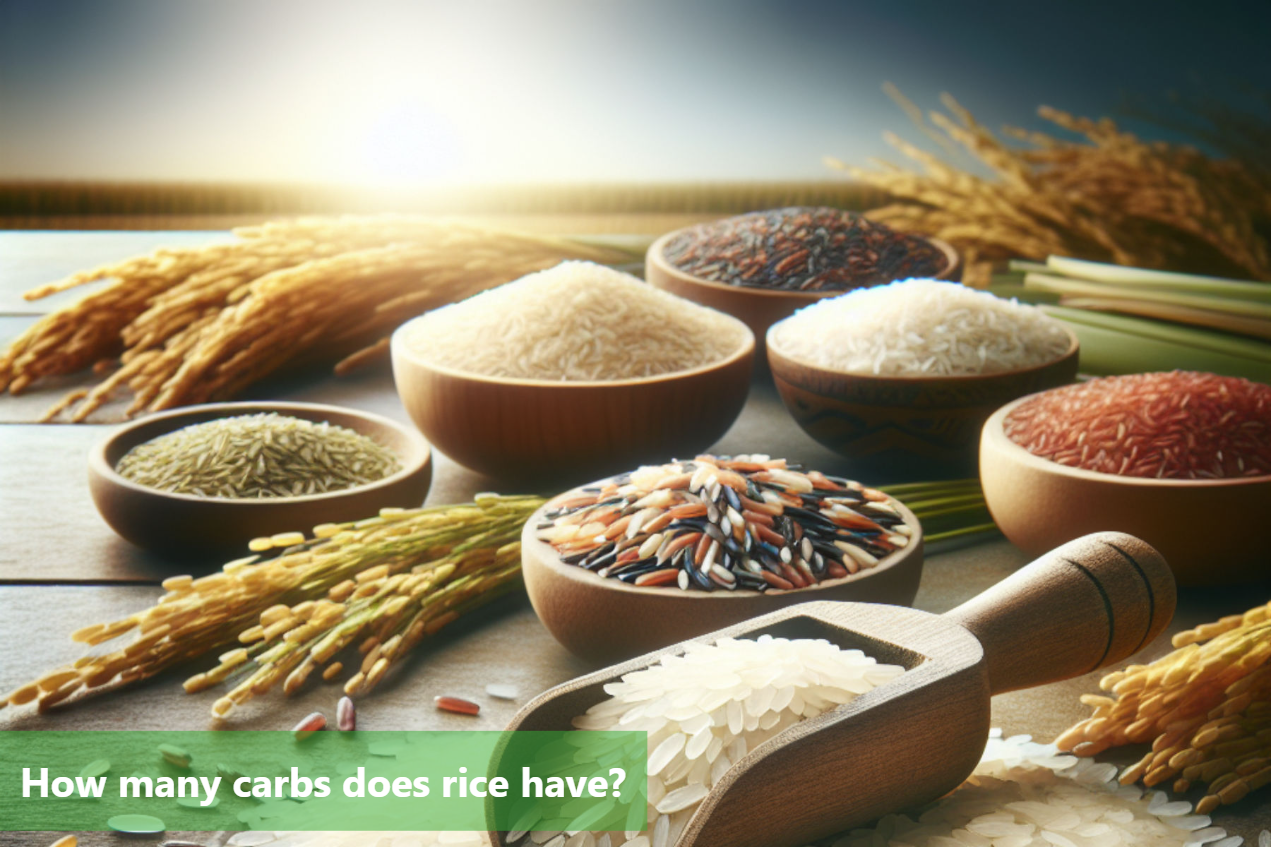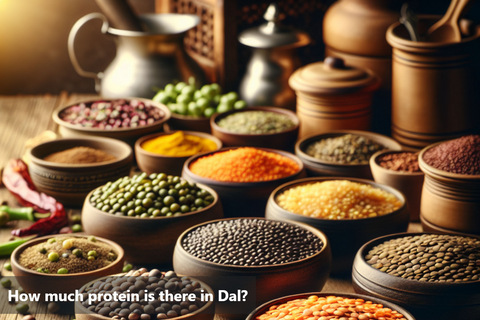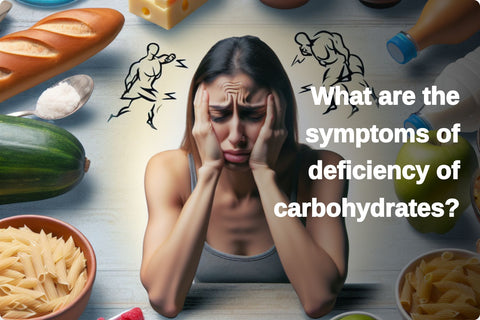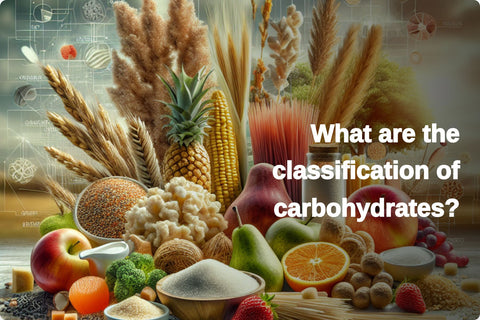
How many carbs does rice have?
Rice, a staple food for many of the world's population, is a significant provider of these essential carbohydrates. Its versatility and nutritional value make it a valuable addition to meals around the globe.
The carbohydrate content of rice varies depending on the type of rice. White rice, a common choice, contains a different amount of carbs than the more nutrient-dense brown rice or the unique wild rice. Understanding these distinctions can help individuals make informed dietary choices.
The amount of carbohydrates in rice is influenced by factors such as the cooking method and serving size. Cooked rice has more carbs per gram than uncooked rice. This is because rice absorbs water during cooking, concentrating the carbohydrates in the remaining edible portion.
Embracing rice as part of a balanced diet can offer a range of nutritional benefits that contribute to overall well-being.

Nutritional Profile of Rice (per 100g)
Nutrient |
White Rice (Uncooked) |
White Rice (Cooked) |
Brown Rice (Uncooked) |
Brown Rice (Cooked) |
Wild Rice (Uncooked) |
Wild Rice (Cooked) |
|---|---|---|---|---|---|---|
Carbohydrates (g) |
76 |
28 |
74 |
31 |
70 |
35 |
- Fiber (g) |
0.3 |
0.4 |
3.1 |
1.8 |
4.0 |
3.9 |
Protein (g) |
6.8 |
2.7 |
7.9 |
3.5 |
15 |
5.2 |
Fat (g) |
0.5 |
0.2 |
1.8 |
0.6 |
3.0 |
0.3 |
Iron (mg) |
0.8 |
0.4 |
4.5 |
0.8 |
9.0 |
0.8 |
Incorporating a variety of rice types into one's diet can offer a range of health benefits and cater to different nutritional needs. Making informed choices based on individual health goals and dietary requirements is essential.
Carbohydrate Content in Rice (per 1 cup cooked)
Rice Type |
Carbohydrates (g) |
Fibre (g) |
Glycemic Index |
Notes |
|---|---|---|---|---|
White Rice |
30 |
Low |
High |
Most refined, quickest blood sugar spike |
Brown Rice |
30-35 |
Higher |
Moderate |
Whole grain, more fibre and nutrients |
Wild Rice |
25 |
Good source |
Low |
Least processed, lower carbs and has good fibre |
People with diabetes or following specific dietary restrictions need to be mindful of their carbohydrate intake. Knowing the exact amount of carbs in rice, like white rice having 45-50 grams of carbs per cup cooked, allows for informed meal planning and blood sugar management. This awareness empowers them to make dietary choices that align with their health goals.
Health Implications of Rice Carbohydrates
Rice is a staple food for many, but its carbohydrate content can significantly affect various aspects of our well-being. Rice consumption has various benefits and cons due to its high carbohydrate content.
Benefits
Energy Booster: Rice carbs are a primary fuel source for the body, providing readily available energy.
Fiber Friend (Brown & Wild Rice): Whole grain brown and wild rice offer dietary fiber, promoting gut health and aiding digestion.
Nutrient Package (Brown Rice): Brown rice comes packed with essential vitamins, minerals, and antioxidants that contribute to overall well-being.
Blood Pressure Potential: Rice is naturally low in sodium, potentially beneficial for those managing high blood pressure.
Drawbacks
Blood Sugar Spikes: White rice, being refined, can cause blood sugar spikes due to its high glycemic index. This can be problematic for diabetics or those managing blood sugar.
Weight Management: Excessive white rice consumption may hinder weight management efforts because it's lower in fibre and can lead to overeating.
Arsenic Levels: Some rice varieties may contain trace amounts of arsenic, a potential health concern with long-term, high intake.

Understanding the carb content in rice
When considering how much carbohydrates are in rice, it is essential to note that the exact amount can vary depending on the type of rice and serving size.On average cooked rice contains approximately 40-45 grams of carbs.
To ensure a balanced diet, individuals should be mindful of how much carbs in rice they consume and opt for whole grain varieties like brown rice or wild rice, which offer higher nutritional value than refined white rice. These options contain fibre, vitamins, and minerals contributing to overall health.
To manage carbohydrate intake effectively, consider portion control and balance rice consumption with other nutrient-dense foods. By making mindful choices and diversifying their diet, individuals can enjoy the benefits of rice while maintaining overall health and well-being.
FAQs
Does rice have a high carb content?
Yes, rice is relatively high in carbohydrates.
How does the high carb content in rice affect day-to-day life?
Consuming rice with a high carb content can lead to rapid spikes in blood sugar levels and may impact energy levels throughout the day.
What alternatives to high-carb rice are for individuals looking to reduce their carb intake?
Quinoa, cauliflower rice, and shirataki rice are low-carb alternatives that can be substituted for rice to reduce carb intake.
Is it necessary to eliminate rice to maintain a low-carb diet?
It is unnecessary to eliminate rice, but portion control and choosing lower-carb alternatives can help manage carb intake effectively.
This Blog post is an initiative by Lo! Foods, to provide accurate and Nutritionist / Doctor approved information related to Health. Lo! Foods is India's leading brand for Everyday Functional Foods. Foods designed for specific Health conditions or Needs. Lo! Foods also runs India's largest range of Low Carb Healthy Cloud Kitchens, under the brand names of Lo!, ProteinChef, ATH (All Things Healthy) and DiabeSmart.















Leave a comment
Your email address will not be published.